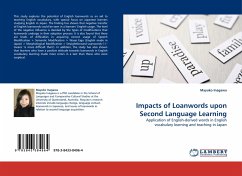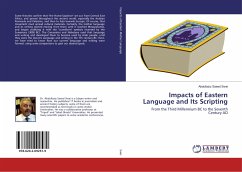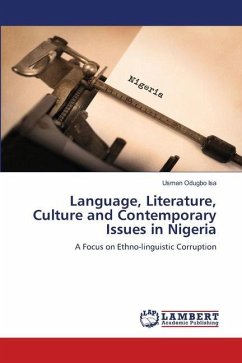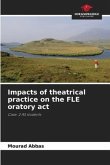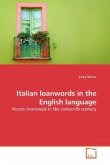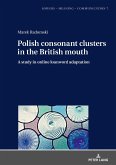This study explores the potential of English loanwords as an aid to teaching English vocabulary, with special focus on Japanese learners studying English in Japan. The finding has shown that negative transfer of English loanwords could be seen in a learners' English usage. The level of the negative influence is decided by the types of modifications that loanwords undergo in their adoption process: It is also found that there are levels of difficulties in acquiring correct usage of Speech Modification > Semantic Modification > Wasei Eigo (English made in Japan) > Morphological Modification > Straightforward Loanwords ('>' means 'is more difficult than'). In addition, the study has also shown that learners who have a positive attitude towards loanwords in English vocabulary learning made more errors in a test than those who were sceptical.
Bitte wählen Sie Ihr Anliegen aus.
Rechnungen
Retourenschein anfordern
Bestellstatus
Storno

